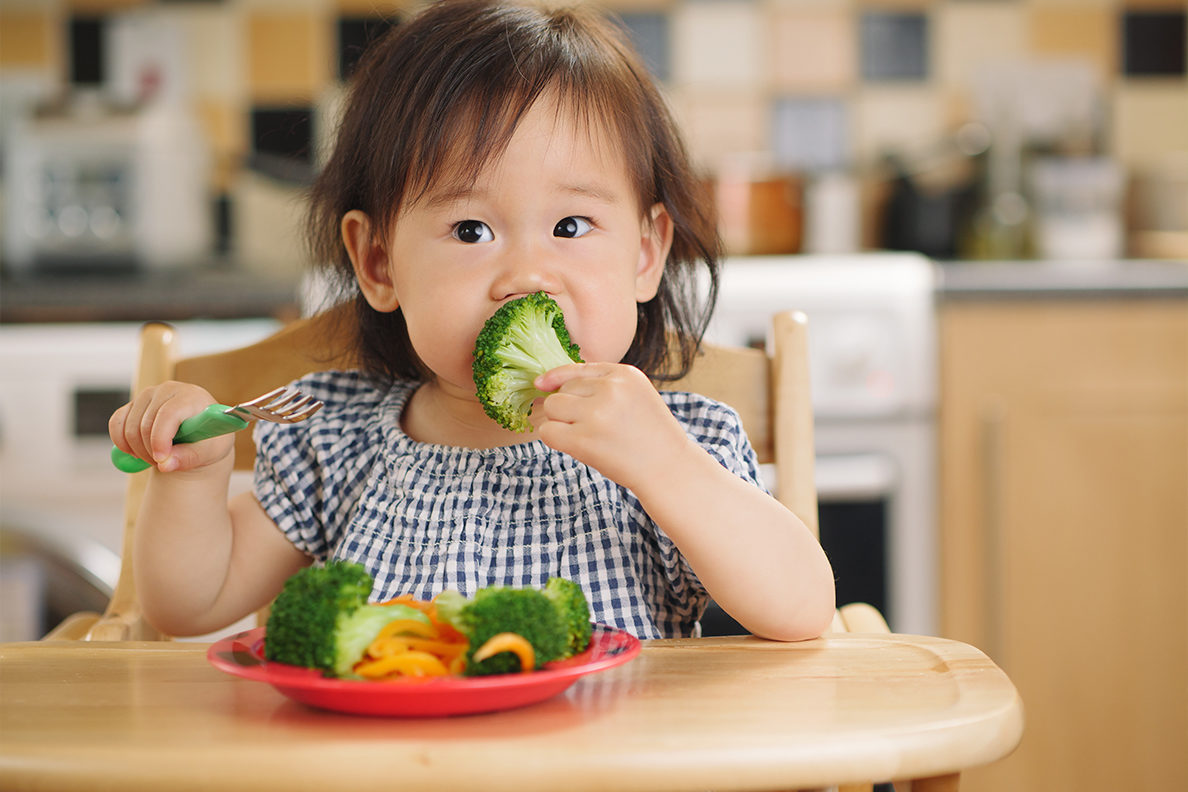
I do not believe that your sense of taste is determined by a single gene. I am not convinced that it is fully genetic either. While you may have a genetic predisposition to a flavor, your taste is shaped by what you are exposed to. For example, many people think that their mother's cooking is better than any other that they've had. Scientists are currently unable to explain how tastes change with age when there is no genetic differences within your tastebuds. While this is an interesting discovery, it is only a piece of a bigger story.
Links:
http://www.sci-news.com/genetics/genetic-food-choices-07813.html
https://www.smithsonianmag.com/arts-culture/the-genetics-of-taste-88797110/
This is a very intriguing topic, I did not think taste preferences had genetic factors. I always thought that they were due to experience and like you said, what you are exposed to.
ReplyDeleteIt is interesting to think that your taste preference could be linked to genes. I do feel that the food you are exposed to does make a difference in your taste preference.
ReplyDelete